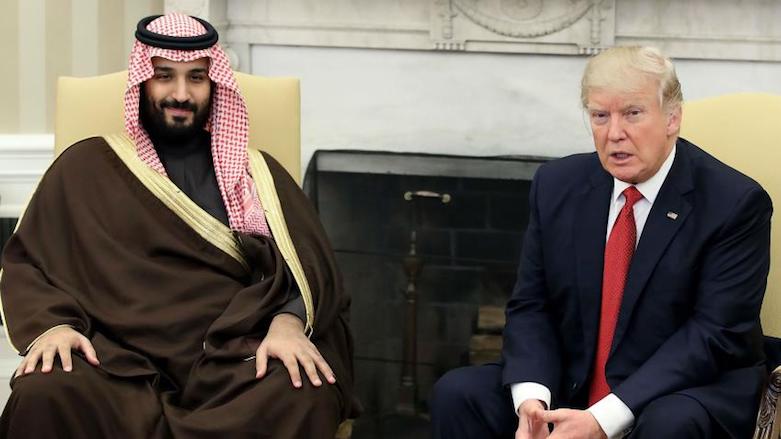Sleeping with the enemy
June 14, 2017 | Expert Insights

On 13th June 2017, the US Senate narrowly averted a bid to block President Donald Trump’s $500 million sale of weapons to Saudi Arabia for carrying out attacks on Yemen.
Background
The resolution to ban the supply of arms to Saudi Arabia was defeated with a 53-47 vote at the Senate. The resolution was offered by Republican Senator Rand Paul and Senator Chris Murphy, a Democrat. The Senators argued that US, by exporting arms to Saudi Arabia, was contributing to arms race in the Middle East and also flaming a humanitarian crisis in Yemen.
Saudi attacks on Yemen
The war in Yemen began with the Arab Spring protests in 2011 that led to the fall of the then President Ali Abdallah Saleh on charges of corruption and economic grievances. Hadi, his deputy minister at that time, took over the region. However, the increasing political instability in Yemen paved the way for the Houthi, who represent the Shiite minority to take over the territory.
Saudi Arabia shares an 1100 mile border with Yemen. It being predominantly a Sunni region has increasingly become concerned with the rise of Houthi movement. It has also viewed the Houthi movement as a proxy war of the Shiite majority regional rival, Iran. This has led Saudi Arabia to form a coalition with other Sunni majority countries and the western powers-US and France- in order to conduct air strikes on the Houthis.
More than 4125 civilians have been killed and 7200 have been wounded in Yemen since the 2015 air strikes carried by Saudi Arabia.
US supplying arms to Saudi Arabia
Since the beginning of the Saudi led attack in March 2015, the Human Rights Watch has found remnants of US supplied weapons in the Sanaa and Hodeida governorate. The US-produced weapons had been used in the two deadliest attacks: the March 15th attack on Masaba market killing 97 civilians and the attack on October 8th on a funeral hall in Sanaa that killed at least 100 people and wounded 500.
The Obama administration had offered Saudi Arabia more than $115 billion in weapons, training and other military equipment in 2016. This was the highest investment made by the US in the 71 year US-Saudi alliance.
In 2016, a similar resolution was passed to block the tank sales to Saudi Arabia, however, it failed by a 71-27 margin.
Assessment
The votes cast by the Senate in shows the lack of empathy from United States to the plight of those living in Yemen. Trump, ever since assuming office, has repeatedly spoken up against terrorism. He even cited it as one of the main reasons for signing the executive order calling for the “Travel Ban” on six predominantly Muslim countries. However, his support for Saudi Arabia, with links to terrorist activities, throws into sharp relief his controversial stance. It is possible that this comfortable relationship between US and Saudi Arabia has to do with US’ fear of losing economic benefits that comes from a positive engagement with the Saudis.








Comments